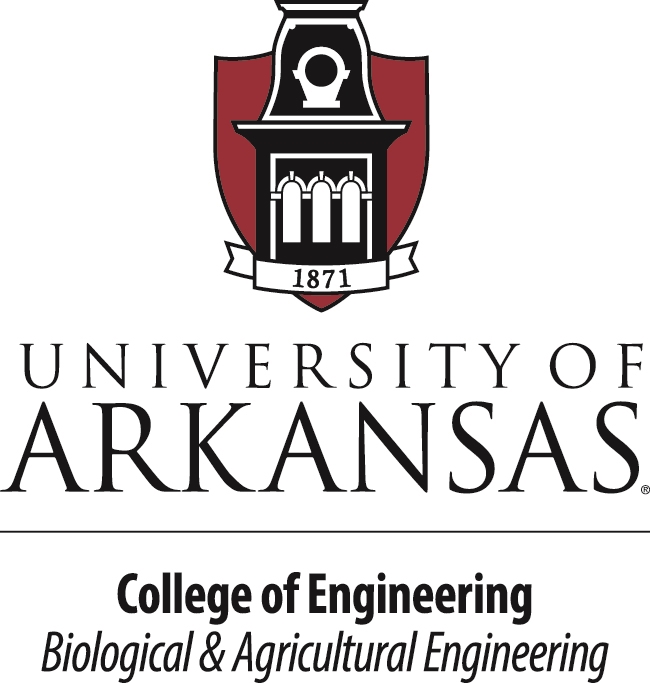The Department of Biological Engineering invites the campus community to a research seminar Jan. 31 featuring doctoral student Xinge Xi.
The seminar will take place from 10:45 a.m. to 11:45 a.m. in Room 1108G in Bell Engineering Center.
The presentation is titled "A Portable Biosensing Device with Magnetic Separation and Quantum Dot Bead Labeling for Simple, Rapid and Quantitative Detection of Salmonella Typhimurium."
The abstract for the seminar:
Foodborne pathogenic bacteria have caused numerous illnesses and economic losses in the US and the world. It is highly important for food industries to conduct in-field screening of pathogenic bacteria to ensure food safety. This study reports an original research on the development of a portable biosensing device for Salmonella detection. The device was designed and constructed based on a previously developed optical biosensing method, using immuno-magnetic nanoparticles to specifically capture target bacteria, and immuno-quantum dot beads to label the target bacteria for fluorescent detection. All the actions of mixing, magnetic separation, and fluorescent detection were controlled automatically, and took place in a disposable microfluidic chip to simplify the operation, avoid cross-contamination and reduce costs. Experiments were conducted to validate the magnetic capture efficiency and evaluate the device. The results showed that the device was able to detect Salmonella with a detection limit of 5.4×102 CFU/mL in 1 h, and minimal manual operations were required. The biosensing device developed in this research has the potential for in-field detection of different foodborne pathogens.
Topics
Contacts
Leslie Reinhart, administrative specialist III
Biological and Agricultural Engineering
479-575-2352,
Nick DeMoss, director of communications
College of Engineering
479-575-5697,
